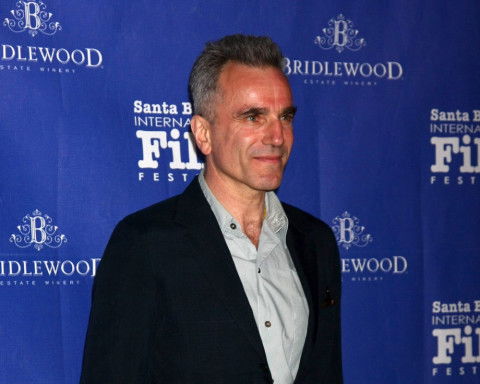The Career and Impact of Daniel Day-Lewis

Introduction
Daniel Day-Lewis is widely regarded as one of the greatest actors of his generation, known for his remarkable dedication to his roles and the profound depth he brings to each character. His unique approach to acting has earned him numerous accolades, including three Academy Awards for Best Actor, a feat unrivalled in Hollywood. As the industry continues to evolve, the exploration of Day-Lewis’s contributions remains relevant, illustrating not only the art of acting but also the significance of commitment in cinematic storytelling.
A Life in Film
Born in London on April 29, 1957, Day-Lewis was surrounded by the arts from an early age; his father was a poet and his mother was an actress. He trained at the Bristol Old Vic Theatre School, where he honed his craft and developed the method acting style that would become his hallmark. Day-Lewis’s career began in television; however, it was in film that he truly made his mark, starting with his role in ‘My Beautiful Laundrette’ (1985).
His portrayal of an array of characters has enthralled audiences. In ‘My Left Foot’ (1989), he delivered a gripping performance as Christy Brown, a man with cerebral palsy. This role garnered him his first Academy Award. He followed this with powerful performances in films such as ‘The Last of the Mohicans’ (1992) and ‘Gangs of New York’ (2002). Each performance was not just an act; he immersed himself fully into his characters, often staying in character for the entire shooting period.
Recent Projects and Retirement
In 2012, he won his third Oscar for ‘Lincoln,’ directed by Steven Spielberg, further solidifying his status as a cinematic master. After this success, Day-Lewis announced his retirement from acting in 2017 following ‘Phantom Thread,’ a film for which he received widespread acclaim. His departure from the industry has left a notable void; however, the impact of his performances continues to influence aspiring actors and filmmakers alike.
Conclusion
Daniel Day-Lewis’s legacy is one of profound artistry and dedication. His ability to transform into a character is not merely about technical skill; it encompasses a level of commitment rarely seen in the film industry. As audiences continue to appreciate his body of work, Day-Lewis serves as a reminder of the potential of storytelling in film and the lengths to which one can go to authentically represent the human experience. With the landscape of cinema ever-changing, Daniel Day-Lewis will undoubtedly remain a seminal figure in the history of film.









